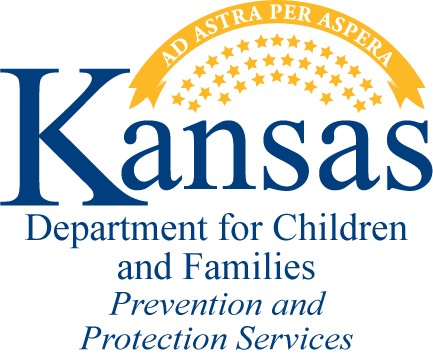Social Work Wildcat Conference
Join us for the 3rd Annual Social Work Wildcat Conference hosted by Kansas State University Salina. The focus of this year’s virtual conference will center on older adults.
The conference aims to discuss ways social workers and other helping professionals can support and advocate for older adults. The full conference program with specific sessions and speaker bios can be found online.
Helping professionals representing social work, mental health/addiction counseling, children and family, community activism, and similar fields are encouraged to attend.
Attendees may use this program to receive CEU hours. K-State Salina is a pre-approved continuing education provider approved by the Kansas Behavioral Sciences Regulatory Board. Provider number 15-005.
Conference Details
Date: October 23, 2023
Time: 8:00 am to 5:00 pm CST (1 hour lunch break included)
Location: Online live stream through Zoom
Cost:
- $59 General Public
- $49 K-State Alumni
- $29 College Student
Payment is due by credit card at the time of registration.
Continuing education credits: Total of 6 CEUs is available; optional sessions can provide 3 CEUs toward ethics or 3 hours towards diagnosis and treatment requirements as part of the 6 total hours. Please view the fill program schedule for details.
Registration closed. Please contact Professional Education and Outreach at profed@ksu.edu for inquiries.
Questions
If you have any questions regarding the event or your registration, please contact the Kansas State University Professional Education and Outreach office at profed@k-state.edu.
Conference Sponsor
Kansas Department for Children and Families Adult Protective Services
 Adult Protective Services (APS) responds to reports of abuse, neglect, or exploitation of adults. Intervention is available to adults age 18 and older who are unable to protect themselves. The APS program helps those adults who need assistance in dealing with abusive, neglectful, or financial exploitation situations. Those who are most trail, dependent, and socially isolated are at the highest risk.
Adult Protective Services (APS) responds to reports of abuse, neglect, or exploitation of adults. Intervention is available to adults age 18 and older who are unable to protect themselves. The APS program helps those adults who need assistance in dealing with abusive, neglectful, or financial exploitation situations. Those who are most trail, dependent, and socially isolated are at the highest risk.